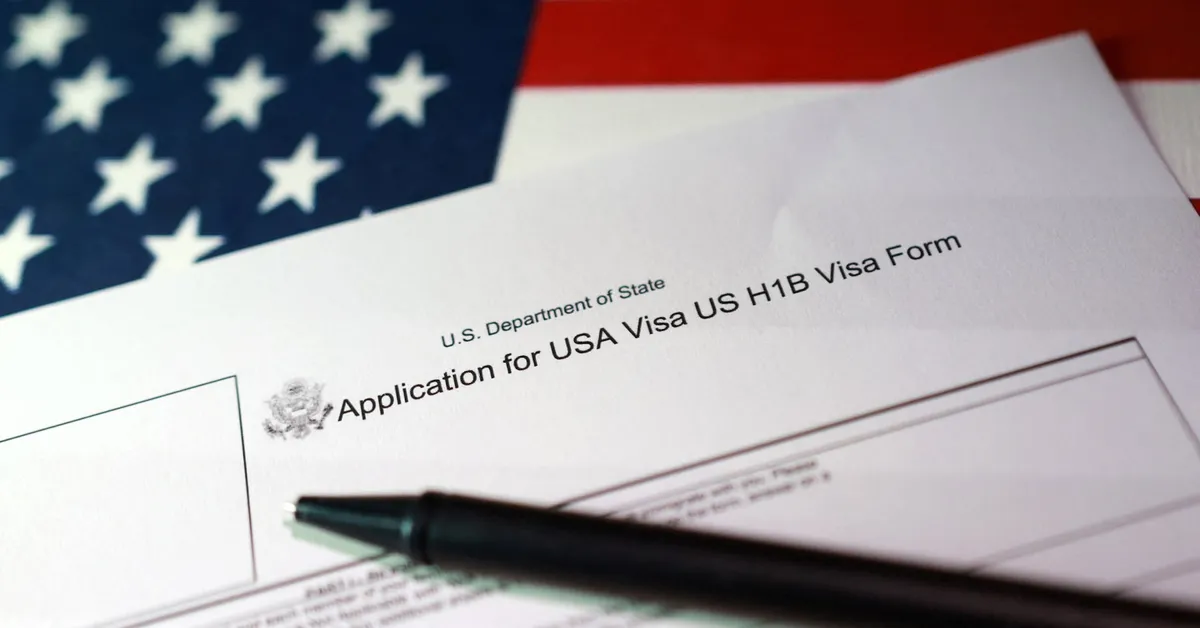
On September 23, 2023, the Trump administration unveiled a significant proposal aimed at reworking the H-1B visa selection process. This initiative, detailed in a Federal Register notice, seeks to prioritize higher-skilled and better-paid workers. The announcement follows a recent proclamation from the White House which introduces a new $100,000 fee for H-1B visas, stirring discussions among employers and immigration advocates alike.
If the proposal is finalized, the revised selection process would assign greater weight to applications from employers offering higher salaries. This change is particularly relevant when annual requests for H-1B visas surpass the statutory limit of 85,000. The primary objective of this adjustment is to enhance protections for American workers against potential wage competition from foreign employees.
Since taking office in January, President Donald Trump has initiated a comprehensive crackdown on immigration, including efforts for mass deportations and attempts to restrict citizenship for children of immigrants living in the U.S. illegally. Recently, the administration has shifted its focus toward the H-1B visa program, which is extensively utilized by tech and outsourcing companies to recruit skilled foreign labor.
The proposed regulation, released on Tuesday, aims to amend the existing lottery process that governs H-1B visa allocations when demand exceeds available visas. The new system would establish wage tiers, allowing jobs with higher salaries a greater chance of being selected. This proposed change could have substantial implications for companies relying on H-1B workers.
According to estimates from the U.S. Department of Homeland Security, the total wages paid to H-1B workers are projected to increase to $502 million in fiscal year 2026, which commences on October 1. Furthermore, wages are expected to rise by $1 billion in fiscal year 2027, $1.5 billion in fiscal year 2028, and reach $2 billion annually from 2029 to 2035. However, these changes may pose challenges for approximately 5,200 small businesses that currently benefit from H-1B visas, potentially resulting in a significant economic impact due to labor shortages.
The U.S. Citizenship and Immigration Services, which issued the proposal, will allow the public a 30-day window to comment on the changes, beginning Wednesday. This engagement is crucial as the government seeks to finalize regulations that could be implemented for the 2026 lottery, ahead of the March registration period.
The proposed changes to the H-1B visa selection process reflect ongoing shifts in U.S. immigration policy under the Trump administration. By prioritizing higher wages and skilled labor, the administration aims to address concerns over wage competition while navigating the complexities of the labor market. Stakeholders are encouraged to participate in the public comment period to voice their opinions on these significant changes.